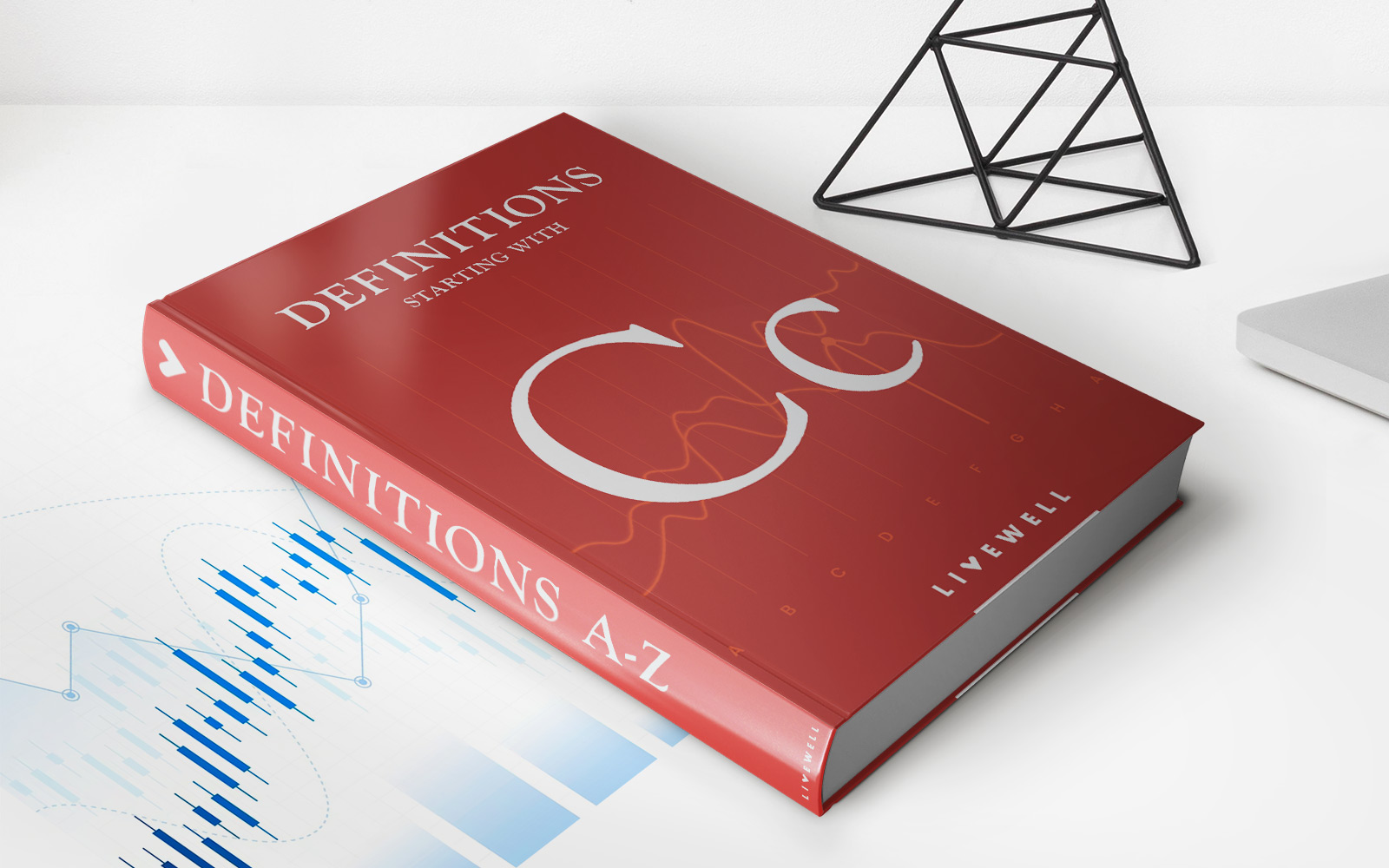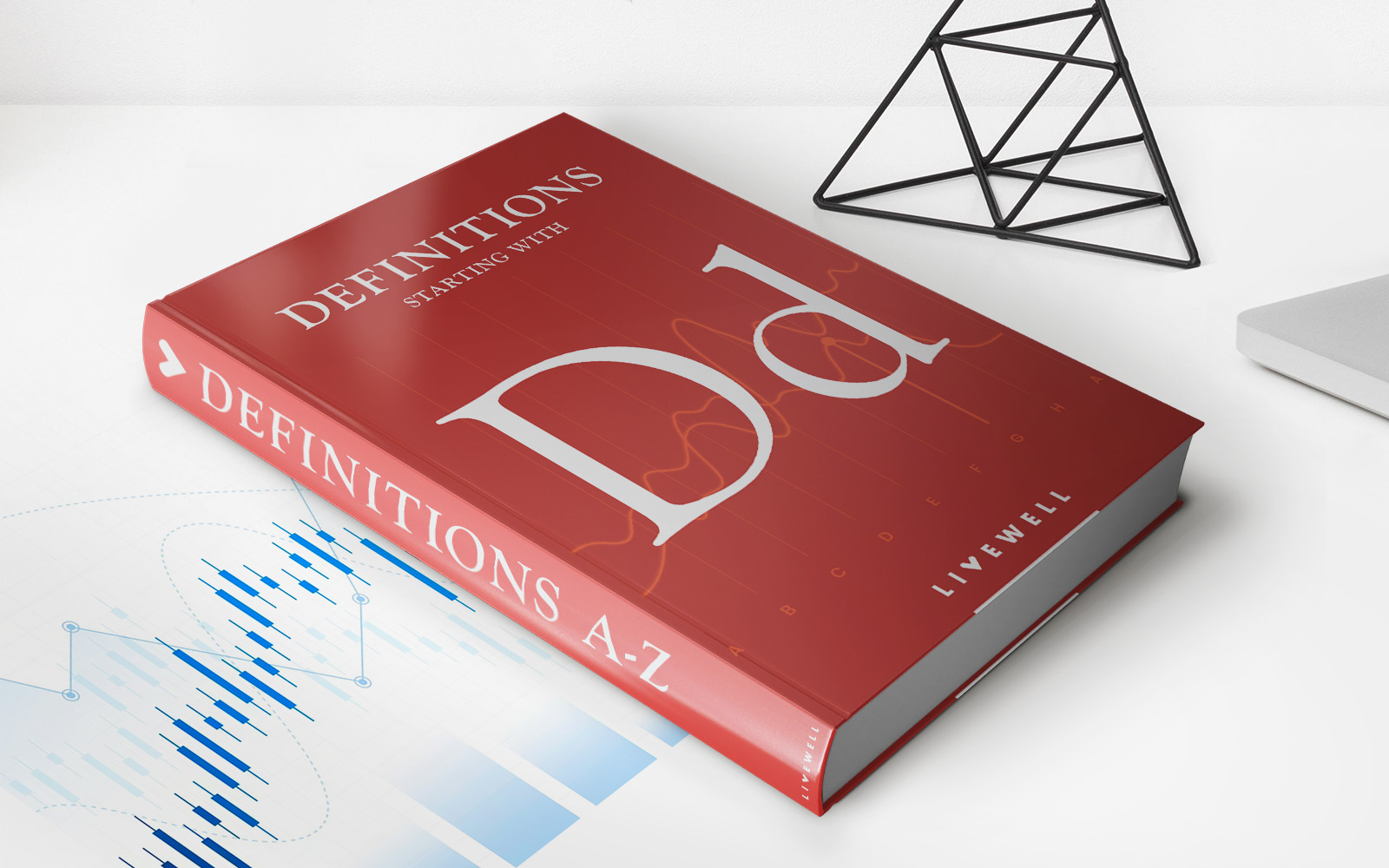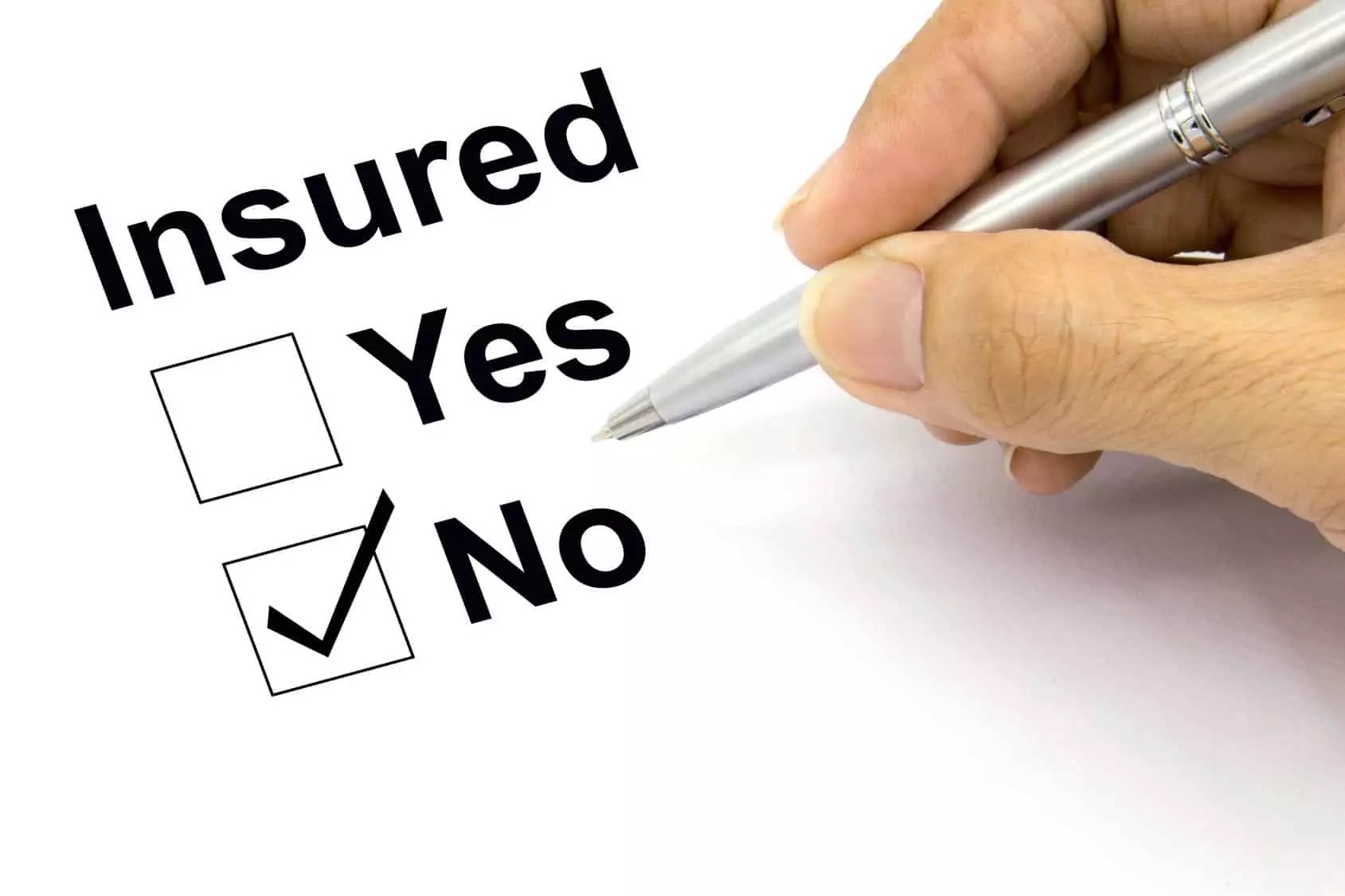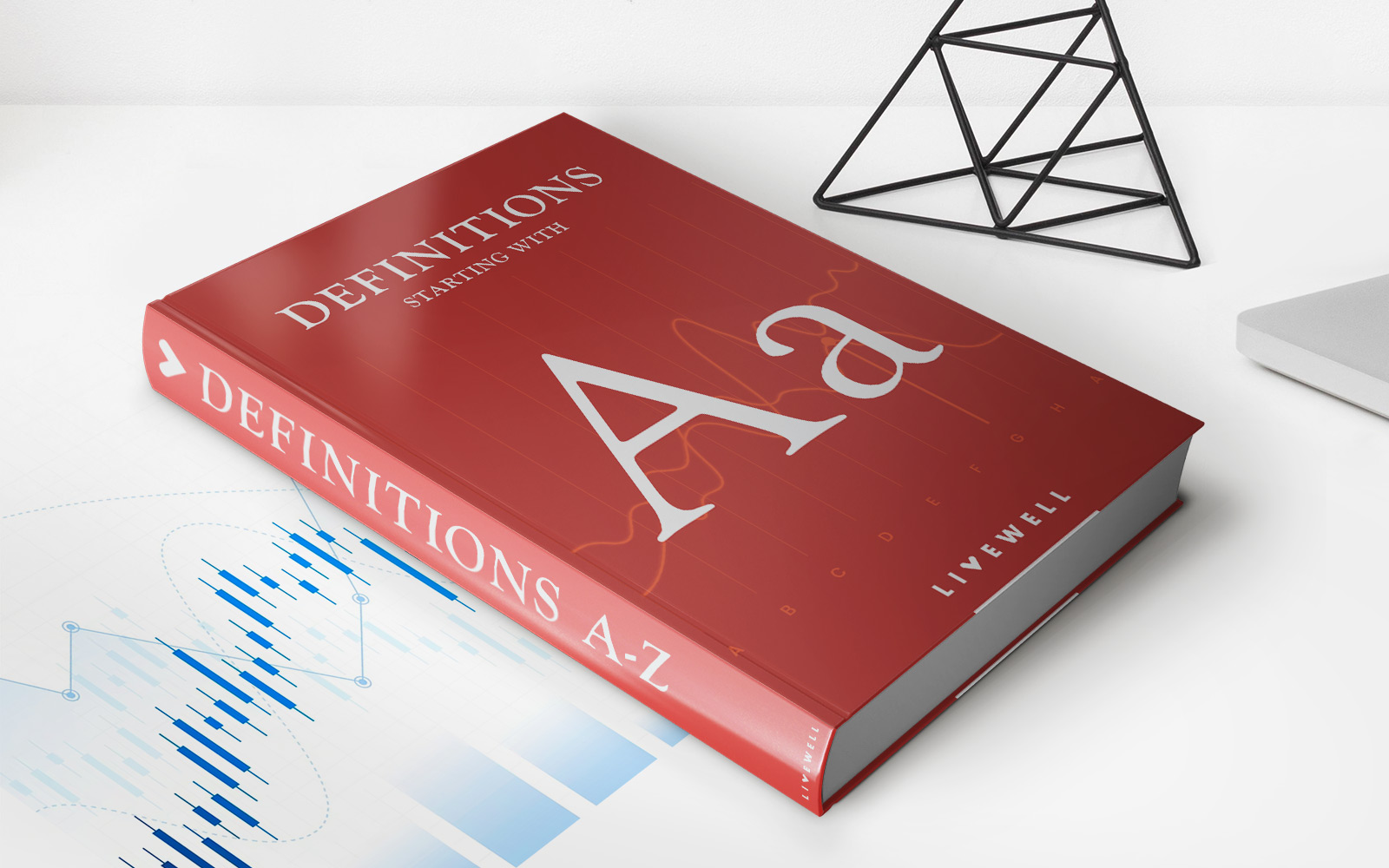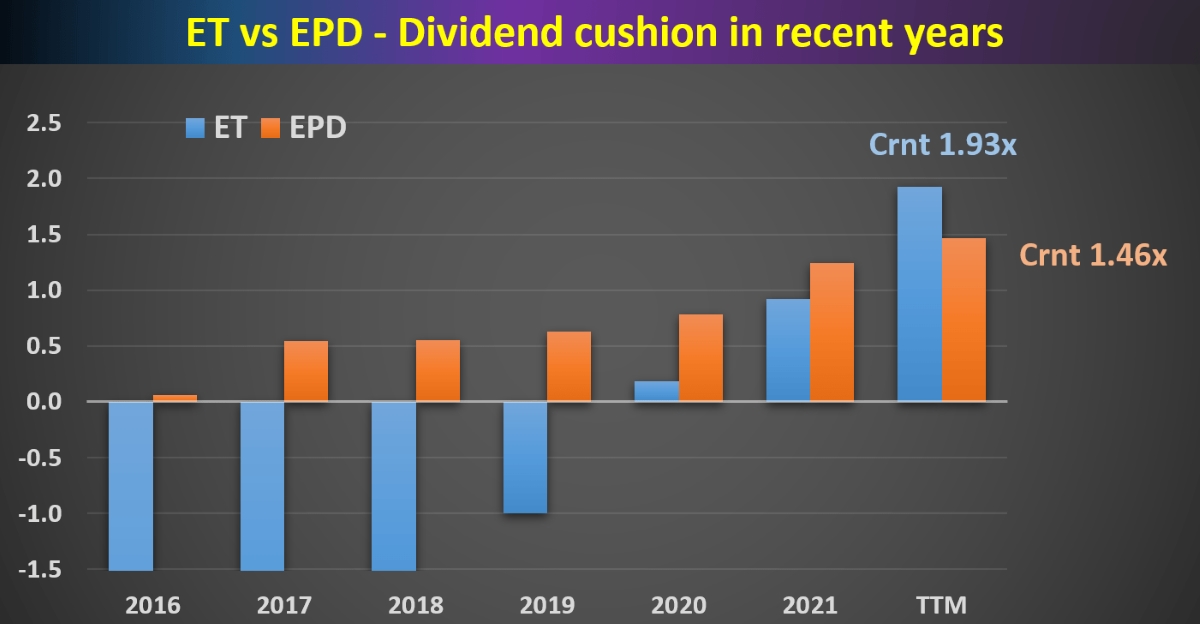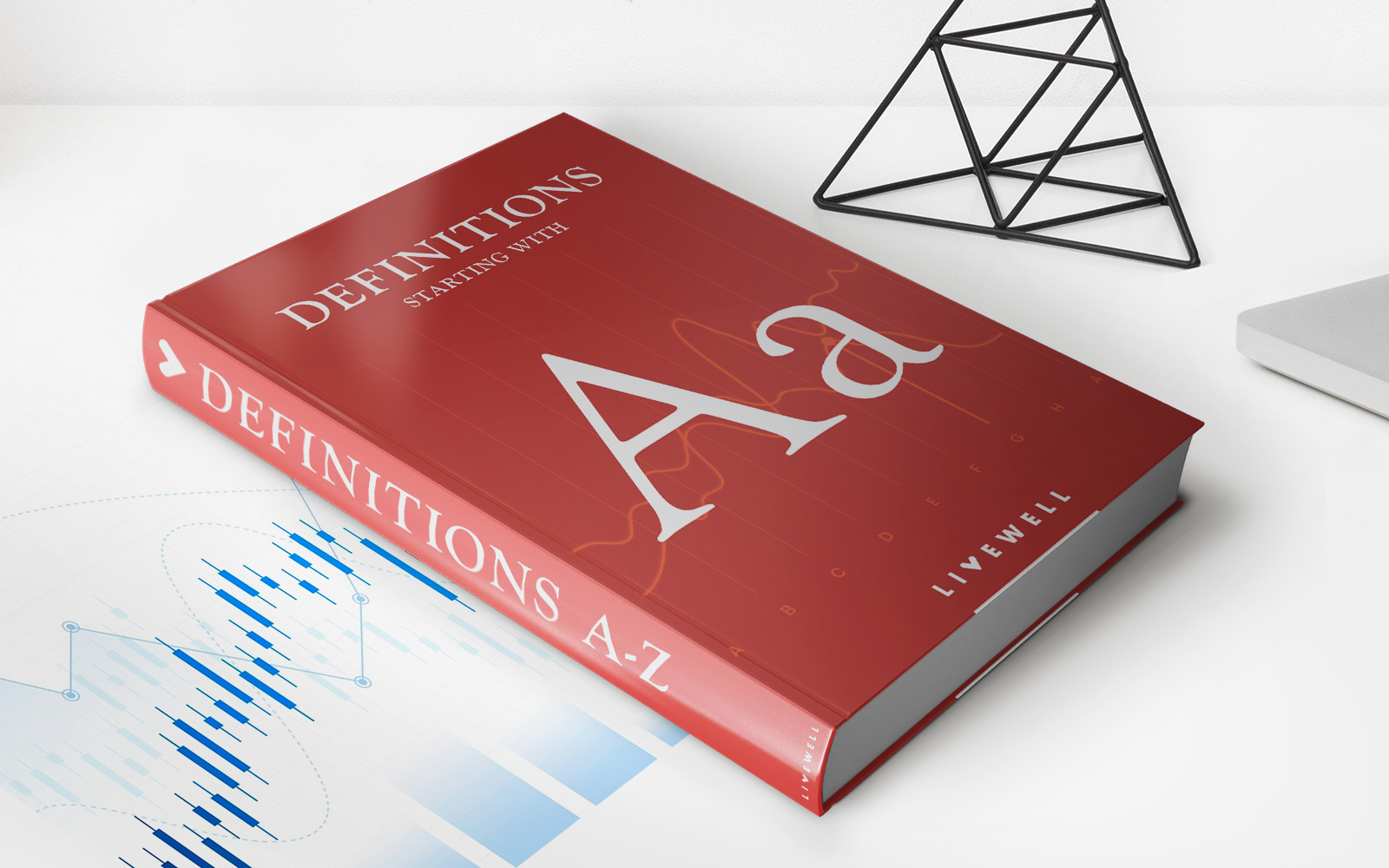

Finance
What Tickets Affect Insurance?
Published: November 16, 2023
Learn how different types of tickets can impact your insurance rates and understand the financial implications of various traffic violations.
(Many of the links in this article redirect to a specific reviewed product. Your purchase of these products through affiliate links helps to generate commission for LiveWell, at no extra cost. Learn more)
Table of Contents
- Introduction
- Moving Violations
- Speeding
- Reckless Driving
- Running a Red Light or Stop Sign
- Improper Lane Changes
- Failure to Yield
- Following Too Closely
- Driving Under the Influence (DUI/DWI)
- Drug-Related Offenses
- Criminal Offenses Involving a Vehicle
- Non-Moving Violations
- Parking Violations
- Equipment Violations
- Seatbelt Violations
- Failure to Provide Proof of Insurance
- Conclusion
Introduction
When it comes to car insurance, there are many factors that can impact your premiums. One major factor that insurance companies take into account is your driving record. If you have a history of traffic violations and tickets, it is likely to affect your insurance rates. But not all tickets are created equal – some have a more significant impact than others.
In this article, we will explore the different types of tickets that can have an effect on your insurance rates. By understanding which tickets are seen as high-risk by insurance companies, you can take proactive steps to avoid them and potentially save money on your car insurance.
It’s important to note that each insurance provider may have their own criteria for determining how tickets affect your rates. However, there are generally two categories of tickets that can impact your premiums: moving violations and non-moving violations.
Moving violations are typically more serious and involve actions that occur while the vehicle is in motion. These include offenses such as speeding, reckless driving, running a red light, improper lane changes, failure to yield, following too closely, and driving under the influence (DUI/DWI). Insurance companies consider these violations as indicators of a higher risk of accidents and unsafe driving behaviors.
On the other hand, non-moving violations are generally considered less severe and involve actions that occur while the vehicle is stationary or parked. These include parking violations, equipment violations, seatbelt violations, and failure to provide proof of insurance. While these violations may not directly contribute to accidents, they still reflect a lack of adherence to traffic laws and responsible driving practices.
In the upcoming sections, we will delve into each type of violation in more detail to understand their impact on car insurance rates. By educating yourself about these tickets, you can take the necessary precautions to avoid them and maintain a clean driving record, ultimately lowering the risk of higher insurance premiums.
Moving Violations
Moving violations are traffic offenses that occur while the vehicle is in motion. These types of violations are generally seen as more serious by insurance companies because they indicate a higher risk of accidents or unsafe driving behaviors. Let’s take a closer look at some common moving violations:
Speeding: Speeding is one of the most common moving violations. Different states have different speed limits, and exceeding these limits can result in hefty fines and an increase in your insurance rates. The faster you drive above the speed limit, the greater the impact on your premiums.
Reckless driving: Reckless driving involves operating a vehicle with a complete disregard for the safety of others on the road. This can include excessive speeding, aggressive driving, and disregarding traffic laws. Insurance companies view reckless driving as a significant risk factor and will likely increase your rates if you are convicted of this offense.
Running a red light or stop sign: Failing to stop at a red light or stop sign is not only illegal but also highly dangerous. It puts both you and other drivers at risk of serious accidents. Insurance companies consider this as a violation that demonstrates a lack of caution and may increase your insurance premiums accordingly.
Improper lane changes: Making unsafe or improper lane changes, such as failing to use your turn signal or cutting off other drivers, can increase the likelihood of accidents. Insurance companies may raise your rates if you have been cited for improper lane changes.
Failure to yield: Failing to yield the right of way, whether to pedestrians, other vehicles, or emergency vehicles, can have severe consequences. Insurance companies see failure to yield as a violation that indicates a lack of awareness and caution on the road, potentially leading to accidents. Expect your insurance rates to increase if you are found guilty of this violation.
Following too closely: Also known as tailgating, following too closely involves driving too close to the vehicle in front of you, leaving insufficient time to react in case of sudden stops. This behavior greatly increases the risk of rear-end collisions. Insurance companies consider tailgating as a sign of aggressive driving and may raise your rates if you have a history of this violation.
Driving under the influence (DUI/DWI): Driving under the influence of alcohol or drugs is not only a serious criminal offense but also extremely dangerous. If convicted, you will likely face severe penalties, including a significant increase in your insurance rates. Some insurance companies may even drop coverage for drivers with a DUI/DWI conviction.
Drug-related offenses: Drug-related offenses involving a vehicle, such as possession or trafficking, can have a negative impact on your insurance rates. This is because it suggests risky behavior that increases the likelihood of accidents or illegal activities on the road.
It’s crucial to remember that the severity of the moving violation and the number of offenses on your record can influence the impact on your insurance rates. Insurance companies often review your driving history for at least the past three years to assess your risk level.
Now that we’ve covered the various moving violations, it’s important to understand that avoiding these violations not only helps you maintain a clean driving record but also keeps your insurance rates lower. Adopting safe driving habits and obeying traffic laws will not only protect you and others on the road but also positively influence your insurance premiums.
Speeding
Speeding is one of the most common and widely recognized moving violations. It occurs when a driver exceeds the posted speed limit or drives too fast for the current road conditions. Speeding not only endangers the driver but also poses a significant risk to other road users. Let’s explore the impact of speeding tickets on your car insurance rates:
When it comes to insurance, the severity of a speeding ticket usually depends on how fast you were driving over the limit. Insurance companies categorize speeding tickets into different levels based on the speed at which you were caught. For example, going a few miles per hour over the limit might result in a minor violation, while excessively high speeds can be classified as a major offense, resulting in more significant consequences.
A single speeding ticket may not have a substantial impact on your insurance premiums, especially if it’s your first offense. However, multiple speeding tickets or a history of repeated violations can certainly lead to increased rates. Insurance companies view drivers with a pattern of speeding as higher-risk individuals, more likely to be involved in accidents.
It’s important to note that insurance companies consider speeding as a contributing factor to accidents. When you exceed the speed limit, your ability to react to unexpected situations decreases, and the chances of losing control of your vehicle increase. As a result, insurance providers may view you as a greater risk and adjust your rates accordingly.
Some insurance companies have a threshold for the number of speeding tickets they are willing to overlook before increasing your premiums. For example, if you have one or two minor speeding tickets within a specific time frame, your rates may not be affected. However, if you accumulate additional violations, your insurance rates are likely to rise.
To curb the temptation to speed and avoid potential financial consequences, it’s crucial to stay within the posted speed limit at all times. Adhering to speed limits not only reduces the risk of accidents but also helps maintain a clean driving record, which can eventually lead to lower insurance rates.
Additionally, some insurance companies offer programs that allow drivers with speeding tickets to enroll in defensive driving courses. By completing these courses, you may be eligible for reduced penalties or even receive a discount on your insurance premiums. It’s worth checking with your insurance provider to see if such programs are available.
Remember, speed limits are set for a reason – to ensure the safety of all road users. By choosing to obey these limits, you not only protect yourself and others but also help maintain affordable car insurance rates.
Reckless Driving
Reckless driving is a serious moving violation that encompasses a variety of dangerous behaviors on the road. It involves operating a vehicle with a complete disregard for the safety of others, exhibiting a willful or wanton disregard for the rules of the road. Reckless driving not only puts your life at risk but also endangers the lives of other motorists, pedestrians, and property. Let’s explore the impact of a reckless driving ticket on your car insurance rates:
Reckless driving offenses vary by jurisdiction, but they often include behaviors such as excessive speeding, aggressive driving, tailgating, racing, weaving through traffic, and disregarding traffic signals or signs. The severity of the offense can differ as well, with some jurisdictions classifying it as a misdemeanor or even a felony.
When it comes to your car insurance rates, a reckless driving ticket has a significant impact. Insurance companies view reckless driving as an indication of a high-risk driver. This means that your insurance premiums are likely to increase significantly if you are convicted of reckless driving.
Some insurance companies may even consider dropping coverage for drivers with a reckless driving conviction. If you’re dropped by your current provider, finding insurance from another company will likely come at a much higher cost, as you’ll be seen as a more substantial risk.
In addition to the financial implications, a reckless driving conviction can also have wider consequences. It can result in the suspension or revocation of your driver’s license, hefty fines, mandatory driver improvement courses, probation, or even imprisonment, depending on the severity of the offense and the laws in your jurisdiction.
To ensure that you avoid reckless driving, always prioritize safety and follow the rules of the road. Practice defensive driving techniques, be mindful of other drivers, and exercise patience and caution while behind the wheel. Avoid engaging in aggressive behaviors like excessive speeding or tailgating, as they can quickly escalate into reckless driving situations.
If you’ve received a reckless driving ticket, consult with a traffic attorney who can help you understand the specific laws in your jurisdiction and guide you through the legal process. They may be able to negotiate a reduction in charges or explore alternatives such as defensive driving courses, which could help mitigate the consequences on your insurance rates.
Remember, reckless driving not only puts your insurance rates at risk but, more importantly, endangers lives. By driving responsibly and respectfully, you can ensure the safety of yourself and others on the road, and potentially avoid increased insurance premiums resulting from a reckless driving conviction.
Running a Red Light or Stop Sign
Running a red light or stop sign is a dangerous traffic violation that puts both you and others at risk. Disregarding traffic signals and signs is not only illegal but also increases the chances of accidents and collisions. Let’s explore the impact of running a red light or stop sign on your car insurance rates:
When you run a red light or stop sign, you are not only breaking the law but also showing a lack of respect for the safety of others. Insurance companies view this violation as a serious offense that significantly increases the likelihood of accidents and injuries. As a result, your insurance premiums are likely to rise if you receive a ticket for running a red light or stop sign.
The specific impact on your insurance rates may depend on factors such as the severity of the violation, your driving history, and the policies of your insurance provider. If it’s your first offense, you may see a slight increase in your premiums. However, repeated offenses or a history of traffic violations can lead to more significant hikes in your insurance rates.
Running a red light or stop sign is seen as a clear indicator of risky driving behavior. Insurance companies use your driving record as a measure of your risk as a policyholder. The more violations you have on your record, the higher the perceived risk, which often translates to increased premiums.
In addition to the impact on your insurance rates, running a red light or stop sign can have other consequences. It can result in fines, points on your driving record, and even the suspension or revocation of your driver’s license, depending on the laws in your jurisdiction.
To avoid running a red light or stop sign, always approach intersections with caution and be prepared to come to a complete stop when required. Pay close attention to traffic signals and signs, and never attempt to “beat the light” or rush through an intersection. Remember, it is crucial to prioritize the safety of yourself and others on the road.
If you have received a ticket for running a red light or stop sign, it may be beneficial to consult with a traffic attorney. They can guide you through the legal process, help you understand your options, and potentially assist in reducing or dismissing the charges. Taking appropriate steps to resolve the violation can help mitigate the impact on your insurance rates.
Ultimately, adhering to traffic signals and signs not only promotes safety but also helps maintain affordable insurance premiums. By obeying these traffic laws, you demonstrate responsible driving behavior and reduce the risk of accidents, protecting not only yourself but also your insurance rates.
Improper Lane Changes
Proper lane changes are essential for smooth and safe flow of traffic. However, when drivers make improper lane changes, it can lead to dangerous situations and increase the risk of accidents. Let’s examine the impact of improper lane changes on your car insurance rates:
An improper lane change occurs when a driver fails to follow the proper procedure when switching lanes, such as failing to signal, cutting off other drivers, or not checking blind spots. These actions can surprise and disrupt the flow of traffic, causing potential collisions and endangering the safety of everyone on the road.
Insurance companies consider improper lane changes as a form of aggressive driving behavior. They view this violation as an indicator of a lack of caution and negligence behind the wheel. As a result, your insurance rates are likely to increase if you receive a ticket for making an improper lane change.
The severity of the impact on your insurance premiums may depend on factors such as the number of violations on your record, the policies of your insurance provider, and the circumstances surrounding the offense. Multiple instances of improper lane changes or a history of traffic violations can lead to more significant hikes in your premiums.
It’s important to note that improper lane changes can also result in accidents and property damage. If you are involved in a collision as a result of an improper lane change, your insurance rates may increase even further. Insurance providers often review accident reports and claims history to assess your risk as a policyholder.
To avoid making improper lane changes, it’s crucial to practice defensive driving and follow proper lane change procedures. Always use your turn signal to indicate your intentions, check your mirrors and blind spots before changing lanes, and ensure there is enough space and time to make the maneuver safely. Being attentive to the flow of traffic and respecting other drivers’ rights allows for a smoother and safer driving experience for everyone.
If you have received a ticket for an improper lane change, it may be beneficial to consult with a traffic attorney. They can provide guidance regarding the specific laws in your jurisdiction and help you understand your options. They may even be able to negotiate a reduction or dismissal of the charges, helping minimize the impact on your insurance rates.
Remember, consistently making proper lane changes not only contributes to road safety but also helps maintain affordable car insurance premiums. By being a courteous and responsible driver, you demonstrate your commitment to the well-being of yourself and others on the road while potentially avoiding increases in your insurance rates.
Failure to Yield
Failure to yield is a significant traffic violation that involves not giving the right of way to another vehicle or pedestrian when required to do so. Whether it’s at a stop sign, a yield sign, a crosswalk, or an intersection, failing to yield can lead to dangerous situations and increase the risk of accidents. Let’s examine the impact of a failure to yield ticket on your car insurance rates:
When you fail to yield the right of way, you are not only breaking the law but also endangering the safety of yourself and others on the road. Insurance companies consider this violation as evidence of a lack of awareness, caution, and responsible driving practices. As a result, your insurance premiums are likely to increase if you receive a ticket for failure to yield.
The severity of the impact on your insurance rates may depend on various factors, including the number of violations on your record, the policies of your insurance provider, and the circumstances surrounding the offense. Multiple instances of failure to yield or a history of traffic violations can lead to more significant hikes in your premiums.
Insurance companies view failure to yield as a high-risk behavior that increases the likelihood of accidents and property damage. If you are involved in a collision as a result of a failure to yield, your insurance rates may increase even further. Insurance providers generally consider claims history when assessing your risk as a policyholder.
To avoid failure to yield violations, it’s crucial to understand and follow the right-of-way rules. Always pay attention to traffic signs, signals, and road markings. Yield to pedestrians in crosswalks, give way to oncoming traffic when making turns, and always be cautious when entering intersections. Practicing defensive driving and being aware of your surroundings can help prevent failure to yield violations and promote safer road interactions.
If you have received a ticket for failure to yield, it may be beneficial to consult with a traffic attorney. They can provide guidance specific to the laws in your jurisdiction, explain your options, and potentially help minimize the consequences on your insurance rates. They may be able to negotiate a reduction or dismissal of the charges, depending on the circumstances of the violation and your driving record.
Remember, yielding the right of way is not only a legal obligation but also a crucial aspect of responsible driving. By ensuring that you yield appropriately and prioritize the safety of others on the road, you can contribute to a safer driving environment while potentially avoiding increases in your insurance rates.
Following Too Closely
Following too closely, commonly known as tailgating, is a dangerous driving behavior that involves driving too close to the vehicle in front of you, leaving insufficient time to react to sudden stops or changes in traffic conditions. This behavior not only increases the risk of rear-end collisions but also creates an unsafe and stressful environment for all drivers on the road. Let’s explore the impact of following too closely on your car insurance rates:
Insurance companies consider following too closely as a form of aggressive driving and view it as a violation that demonstrates a lack of caution and respect for other drivers’ safety. As a result, if you receive a ticket for following too closely, your insurance rates are likely to increase.
The severity of the impact on your insurance premiums may depend on factors such as the number of violations on your driving record, the policies of your insurance provider, and the circumstances surrounding the offense. Multiple instances of tailgating or a history of traffic violations can lead to larger increases in your premiums.
Insurance providers see tailgating as a risky behavior that significantly increases the chances of rear-end collisions. Following too closely reduces your ability to react to sudden stops, slows your response time, and increases the likelihood of causing an accident. Insurance companies consider your risk level as a driver based on your driving history, and repeated instances of tailgating indicate a higher likelihood of future accidents.
Aside from the financial implications, tailgating also poses risks to your safety and the safety of others on the road. Rear-end collisions can result in property damage, injuries, and even fatalities. It’s vital to maintain a safe following distance to allow ample time to react and stop if needed.
To avoid following too closely, it’s important to practice defensive driving techniques. Leave a safe distance between your vehicle and the one ahead, allowing at least a three-second following distance in normal conditions, and increasing it in adverse weather or heavy traffic. Keep in mind that the larger the vehicle, the more time it requires to stop, so adjust your following distance accordingly.
If you receive a ticket for following too closely, consider consulting with a traffic attorney. They can guide you through the legal process, explain your options, and potentially help minimize the consequences on your insurance rates. They may be able to negotiate a reduction in charges or explore alternatives such as defensive driving courses, which could demonstrate your commitment to safer driving practices.
Remember, driving responsibly and maintaining a safe following distance not only reduces the risk of accidents but also helps keep your insurance rates affordable. By being mindful of the space between vehicles, you contribute to a safer driving environment for everyone on the road.
Driving Under the Influence (DUI/DWI)
Driving under the influence (DUI) or driving while intoxicated (DWI) is a grave offense that involves operating a vehicle while impaired by alcohol or drugs. This reckless decision not only endangers your life but also poses a significant risk to the lives of others on the road. Let’s delve into the impact of a DUI/DWI conviction on your car insurance rates:
Driving under the influence is considered a severe offense by insurance companies. It indicates a blatant disregard for safety and responsible driving practices. If you are convicted of a DUI/DWI, your insurance premiums are likely to skyrocket.
Insurance providers view drivers with a DUI/DWI conviction as high-risk individuals. They consider such individuals more likely to be involved in accidents and to file insurance claims. As insurance is based on risk, you can expect a significant increase in your insurance rates following a DUI/DWI conviction.
It’s crucial to note that some insurance companies may even decide to drop coverage for drivers with a DUI/DWI conviction. In such cases, finding alternative insurance coverage can become quite challenging and expensive, as you may be labeled as a high-risk driver in the eyes of insurance companies.
A DUI/DWI conviction can have broader consequences beyond insurance rates. Legal penalties for DUI/DWI offenses can include fines, license suspension or revocation, mandatory alcohol education programs, probation, and even imprisonment, depending on the severity of the offense and the laws in your jurisdiction.
It’s essential to prioritize the safety of yourself and others on the road by never getting behind the wheel if you have consumed alcohol or drugs. Utilize alternative transportation options, such as designated drivers, ride-sharing services, or public transportation, to ensure a safe journey for everyone.
If you have been charged with a DUI/DWI, it is highly recommended to consult with an experienced DUI/DWI attorney. They can guide you through the legal process, help you understand the potential consequences, and advocate for your rights. They may also be able to provide guidance on how to mitigate the impact of a DUI/DWI on your insurance rates.
Remember, driving under the influence is not only illegal, but it also carries severe consequences. By making responsible choices and refraining from driving while impaired, you not only protect yourself and others but also help keep your insurance rates affordable.
Drug-Related Offenses
Drug-related offenses involving a vehicle can have a significant impact on your car insurance rates. These offenses encompass various illegal activities, such as possession, distribution, or trafficking of drugs. Insurance companies view drug-related offenses as serious violations that indicate risky behavior and potential dangers on the road.
Insurance providers consider drug-related offenses as a reflection of a lack of responsibility and poor decision-making, both of which contribute to an increased risk of accidents. If you are convicted of a drug-related offense involving a vehicle, your insurance rates are likely to rise substantially.
In addition to a potential increase in insurance premiums, drug-related offenses can also lead to other consequences. Depending on the severity of the offense and your jurisdiction’s laws, you may face fines, suspension or revocation of your driver’s license, mandatory drug education programs, probation, or even imprisonment.
Insurance companies often view drug-related offenses more seriously than other offenses because they indicate a higher level of risk. The presence of drugs can impair judgment, coordination, and reaction time, significantly increasing the likelihood of accidents and putting the driver and others at risk.
To avoid drug-related offenses and the subsequent impact on your insurance rates, it’s crucial to strictly adhere to the law and refrain from engaging in illegal drug activities. In addition, always practice responsible driving behavior and never drive under the influence of any substance that impairs your ability to drive safely.
If you are facing charges related to drug-related offenses, it is essential to speak with a knowledgeable attorney specializing in such cases. They can guide you through the legal process, explain your rights and options, and work towards the best possible outcome in your case. Additionally, they can provide insight into how the charges may affect your insurance rates.
Remember, drug-related offenses pose serious legal and financial consequences. By making responsible choices and avoiding illegal drug activities, you not only protect yourself and others but also help maintain affordable car insurance rates.
Criminal Offenses Involving a Vehicle
Criminal offenses involving a vehicle can have severe consequences, both legally and in terms of your car insurance rates. These offenses encompass a range of crimes committed while operating a vehicle, such as theft, burglary, robbery, or fleeing the scene of an accident. Insurance companies view criminal offenses as a significant risk factor and consider them indicators of potentially unsafe and irresponsible driving behaviors.
When it comes to car insurance rates, criminal offenses involving a vehicle can lead to substantial increases. Insurance companies perceive individuals who engage in criminal activities while driving as high-risk drivers. Consequently, if you are convicted of a vehicle-related criminal offense, you can expect a sharp rise in your insurance premiums.
In addition to the financial impact, criminal offenses can result in severe legal consequences. Depending on the nature of the offense and your jurisdiction’s laws, you may face imprisonment, fines, probation, or even a permanent criminal record. These penalties have long-lasting implications that extend beyond insurance rates.
Insurance providers place significant importance on driving records and criminal history when determining rates. Criminal offenses involving a vehicle signify a disregard for the law and a higher likelihood of risky behaviors that can lead to accidents and property damage. As a result, insurance companies consider individuals with such offenses to be more costly to insure.
To ensure that you avoid criminal offenses involving a vehicle, it’s crucial to abide by the law at all times. Do not engage in illegal activities while operating a vehicle and always drive responsibly and lawfully. Respect traffic laws, be aware of your surroundings, and prioritize the safety of yourself and others on the road.
If you find yourself facing criminal charges involving a vehicle, it is essential to seek legal representation from an experienced criminal defense attorney. They can help guide you through the legal process, protect your rights, and work towards the best possible outcome in your case. Additionally, they can provide insight into how the charges may impact your insurance rates.
Remember, engaging in criminal offenses involving a vehicle not only has legal consequences but also impacts your car insurance rates. By making responsible choices and avoiding criminal activities while driving, you contribute to a safer driving environment and help maintain affordable insurance premiums.
Non-Moving Violations
While moving violations tend to attract more attention due to their impact on road safety, non-moving violations are also important to consider when it comes to car insurance rates. Non-moving violations are traffic offenses that occur while the vehicle is stationary or parked. Although they may not directly contribute to accidents, these violations still reflect a driver’s adherence to traffic laws and responsible driving practices. Let’s explore some common non-moving violations and their potential effects on your car insurance rates:
Parking Violations: Parking violations include infractions such as parking in a no-parking zone, blocking a fire hydrant, or parking in a handicapped spot without the appropriate permit. While these violations may not directly impact your insurance rates, accumulating too many parking tickets can still have consequences, such as fines and potential vehicle impoundment.
Equipment Violations: Equipment violations occur when a vehicle has faulty or non-compliant equipment, such as broken tail lights, non-functioning turn signals, or excessively loud mufflers. Insurance companies typically do not consider these violations when determining your rates, but it’s important to promptly address these issues to ensure your vehicle is in proper working order.
Seatbelt Violations: Seatbelt violations involve not wearing seatbelts or improperly restraining passengers in the vehicle. While wearing seatbelts is primarily a matter of safety, some insurance companies may offer discounts or incentives for policyholders who consistently follow proper seatbelt usage guidelines.
Failure to Provide Proof of Insurance: Failing to provide proof of insurance when requested by law enforcement can result in a citation. Although it may not directly impact your insurance rates, repeatedly failing to provide proof of insurance can raise concerns with your insurance provider and potentially result in higher premiums.
While non-moving violations may not have as significant an impact on insurance rates as moving violations, it’s essential to recognize that consistently practicing safe and responsible driving habits is crucial. A clean driving record, free from any traffic violations, helps set a positive impression with insurance companies and may lead to more favorable rates.
It’s important to note that insurance companies have different policies regarding non-moving violations, and their impact on your rates may vary. If you’ve received a non-moving violation ticket, it’s advisable to consult with your insurance provider to understand any potential repercussions on your premiums.
By diligently following traffic laws, maintaining your vehicle’s equipment, and adhering to all necessary documentation requirements, you not only promote road safety but also contribute to the preservation of affordable car insurance rates.
Parking Violations
Parking violations are a common type of non-moving violation that can result in fines and other consequences. They occur when a vehicle is not parked in compliance with parking rules and regulations. While parking violations may not directly impact your car insurance rates, they can still have implications that are worth considering.
Some examples of parking violations include parking in a no-parking zone, blocking a fire hydrant, parking in a handicapped spot without the appropriate permit, or exceeding the time limit in a metered parking space. These violations are typically enforced by local authorities and can result in receiving a parking ticket or potentially having your vehicle towed or impounded.
While parking violations themselves may not directly affect your insurance rates, accumulating too many tickets can lead to consequences beyond fines. For instance, repeated parking violations may result in the suspension or revocation of your driver’s license or registration, which can subsequently impact your ability to maintain car insurance coverage.
Additionally, some insurance providers may consider your overall driving record when determining your premiums, including the number and types of violations on your record. While parking violations may not carry the same weight as more serious moving violations, having an excessive amount of parking tickets could be viewed as a sign of a less careful or responsible driver, potentially resulting in higher insurance rates.
To avoid parking violations, it’s important to familiarize yourself with the parking regulations in your area. Take note of parking signs, time limits, and any special restrictions that may apply. Make sure to park legally and considerately, respecting designated zones, fire hydrants, and accessible parking spaces.
If you do receive a parking ticket, it’s generally best to pay it promptly or follow the instructions on the ticket for contesting it, if you believe you have valid grounds to do so. Ignoring parking tickets can lead to additional fines, late fees, and potential legal consequences.
Overall, while parking violations may not directly impact your car insurance rates, practicing responsible parking habits and avoiding excessive tickets is still important. By parking legally and responsibly, you not only maintain a clean driving record but also contribute to a safer and more orderly parking environment for yourself and others.
Equipment Violations
Equipment violations refer to infractions related to faulty or non-compliant equipment on a vehicle. These violations often involve issues such as broken tail lights, non-functioning turn signals, excessively loud mufflers, or other equipment malfunctions. While equipment violations may not directly impact your car insurance rates, they are still important to address promptly for both legal and safety reasons.
When it comes to car insurance rates, most insurance providers do not consider equipment violations as factors in determining premiums. However, it’s crucial to remember that maintaining proper equipment is not only a legal requirement but also crucial for road safety.
While insurance companies may not penalize you directly for equipment violations, repeated instances or a lack of maintenance could potentially raise concerns with your insurer. If a faulty piece of equipment presents a safety hazard or contributes to an accident, it may affect your claims history or result in increased premiums in the future.
Moreover, equipment violations can lead to legal consequences, such as receiving a citation or being required to repair or replace the faulty equipment. Law enforcement officers are responsible for enforcing these violations, and failure to address them can result in further penalties, fines, or even the suspension of your driver’s license or vehicle registration.
Therefore, it’s essential to regularly inspect and maintain your vehicle’s equipment to ensure that it meets all legal requirements. Check your lights, signals, brakes, tires, and other components regularly to ensure they are in proper working order.
If you receive a citation for an equipment violation, it’s advisable to address the issue as soon as possible. Repair or replace the faulty equipment and provide proof of compliance to the appropriate authorities. Safety should always be a priority, and maintaining a roadworthy vehicle helps protect yourself and others on the road.
Ultimately, while equipment violations may not have a direct impact on your car insurance rates, they still carry legal and safety implications. By promptly addressing equipment violations and regularly maintaining your vehicle, you demonstrate responsible ownership, reduce the risk of accidents, and contribute to a safer driving environment for everyone.
Seatbelt Violations
Seatbelt violations involve not wearing seatbelts or improperly restraining passengers in a vehicle. While seatbelt violations are primarily a matter of safety, they can have implications beyond the immediate risk of injury or fatality. Let’s explore seatbelt violations and their potential impact on your car insurance rates:
Seatbelt laws are in place to protect drivers and passengers by reducing the risk of severe injuries or fatalities in the event of an accident. While insurance providers typically do not directly factor seatbelt violations into their rate calculations, some companies may offer incentives or discounts for drivers who consistently follow proper seatbelt usage guidelines.
While seatbelt violations may not directly impact your insurance rates, it’s essential to understand their broader implications. First and foremost, disregarding seatbelt laws puts your safety at risk. In the event of an accident, not wearing a seatbelt significantly increases the chances of severe injuries or even fatalities.
In addition to personal safety, seatbelt violations can also have legal consequences. In many jurisdictions, law enforcement officers have the authority to issue citations and fines for seatbelt violations. Failing to comply with seatbelt laws can result in penalties and potentially add points to your driving record, which may indirectly impact your insurance rates.
Overall, while seatbelt violations themselves may not cause an increase in insurance premiums, the absence of seatbelt usage can contribute to a higher risk of severe injuries or fatalities in an accident. Insurance companies consider various factors when assessing risk, such as driving history, claims history, and overall adherence to safety guidelines.
To ensure your safety and reduce the risk of accidents, it is vital to consistently wear seatbelts while driving or riding in a vehicle. Encourage all passengers to buckle up as well, regardless of their seating position. By making seatbelt usage a habit, you demonstrate a commitment to road safety and contribute to a lower risk profile.
If you receive a seatbelt violation citation, it’s important to address it promptly. Pay any fines associated with the violation and make a conscious effort to prioritize seatbelt usage going forward. Safe driving practices, including proper seatbelt usage, can help protect you, your passengers, and potentially keep your insurance rates favorable.
Remember, seatbelt violations may not directly impact your car insurance rates, but they should never be taken lightly. Prioritizing seatbelt usage is not only a legal requirement but also crucial for your safety and the well-being of everyone in your vehicle.
Failure to Provide Proof of Insurance
Failure to provide proof of insurance is a violation that occurs when a driver fails to present valid proof of insurance or other required documentation when requested by law enforcement. While this violation may not directly impact your car insurance rates, it is important to address and rectify it promptly to avoid potential consequences.
When you are pulled over or involved in an accident, law enforcement officers may request proof of insurance to verify that you have valid coverage. Failure to provide this proof can result in receiving a citation or penalty.
While insurance companies typically do not factor failure to provide proof of insurance directly into their rate calculations, repeated instances may raise concerns with your insurer. Failing to provide proof of insurance can be perceived as a lack of responsibility or compliance with legal requirements. This may prompt your insurance provider to consider you as a higher-risk driver, potentially impacting your premiums in the future.
It is crucial to obtain and carry valid proof of insurance at all times while operating a vehicle. Proof of insurance typically includes an insurance card issued by your insurance provider or an electronic version accessible through your mobile device.
If you are unable to provide proof of insurance at the time of a traffic stop or accident, it’s important to rectify the situation promptly. Contact your insurance company to obtain the necessary documentation and submit it to the appropriate authorities within the specified timeframe. Cooperating fully and promptly addressing the issue can help minimize any potential legal or insurance consequences.
Insurance regulations and requirements vary by jurisdiction, so it is essential to familiarize yourself with the specific laws in your area. Most jurisdictions require drivers to carry a minimum level of liability insurance coverage to legally operate a vehicle on public roads.
To ensure compliance and avoid potential penalties, it’s important to maintain the required insurance coverage and keep your policy active and up to date. Regularly review your insurance documents, pay your premiums on time, and promptly renew or update coverage when needed.
Remember, while failure to provide proof of insurance may not directly impact your car insurance rates, addressing and rectifying the violation promptly is crucial. Compliance with legal requirements and responsible driving practices contribute to a positive driving record and potentially more favorable insurance premiums.
Conclusion
Understanding the impact of various types of tickets on your car insurance rates is crucial for maintaining affordable coverage. While each insurance provider may have their own criteria for determining the exact impact of violations, it is important to recognize that moving violations generally have a greater influence on rates compared to non-moving violations.
Moving violations such as speeding, reckless driving, running a red light or stop sign, improper lane changes, failure to yield, following too closely, and driving under the influence (DUI/DWI) are viewed as high-risk behaviors by insurance companies. These violations indicate a higher likelihood of accidents, property damage, and potential injuries, which can lead to increased insurance rates.
Non-moving violations like parking violations, equipment violations, seatbelt violations, and failure to provide proof of insurance may not directly impact your insurance rates. However, consistently accumulating non-moving violations or failing to address them promptly may raise concerns with your insurance provider and potentially result in higher premiums.
To maintain a clean driving record and keep your insurance rates as low as possible, it’s essential to drive responsibly, obey traffic laws, and prioritize safety on the road. Avoid engaging in dangerous behaviors such as speeding, following too closely, or running red lights. Regularly maintain your vehicle’s equipment, wear seatbelts, and carry valid proof of insurance at all times.
If you do receive a traffic violation, whether it is a moving or non-moving violation, it is advisable to seek legal advice if necessary and address the violation promptly. Taking proactive measures to rectify the situation and demonstrate responsible driving can help mitigate any potential negative impact on your insurance rates.
Remember, insurance companies evaluate risk when determining your premiums. By practicing safe and responsible driving behaviors, you not only protect yourself and others on the road but also contribute to the preservation of affordable car insurance rates.
Stay informed about local traffic laws and regulations, strive to maintain a clean driving record, and consider reaching out to your insurance provider to inquire about any available discounts or programs that reward safe driving habits. By doing so, you can enhance your chances of securing more favorable insurance rates while promoting a safer driving culture for everyone.
